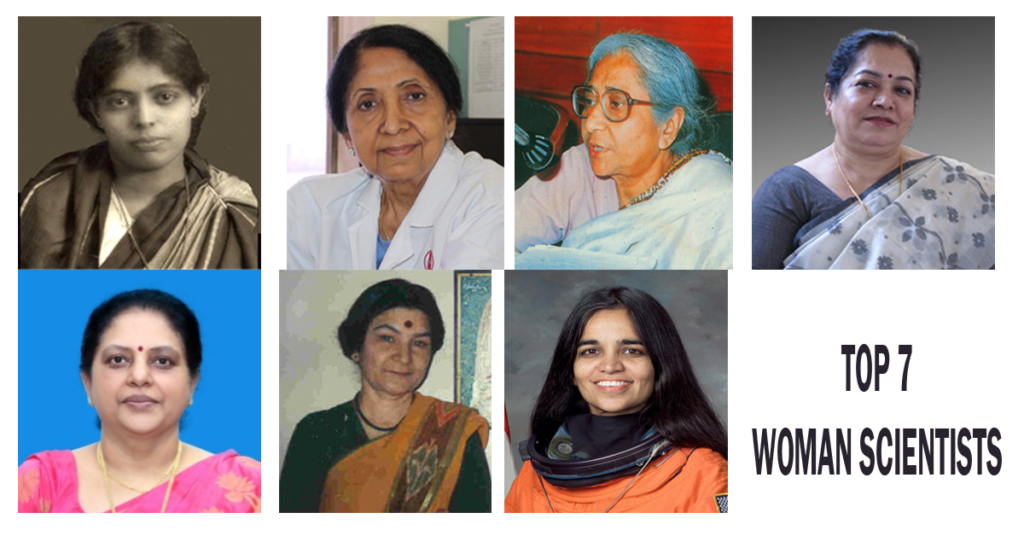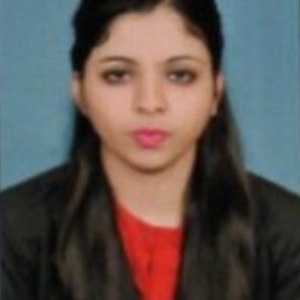aThe presence of women in science spans the earliest times of the history of science with significant contributions to their credit. The involvement of woman in medicine occurred in several early western civilizations, and the study of natural philosophy in ancient Greece was open to women. Woman scientist contributed to the proto-science of alchemy in the first or second centuries AD. During the Middle Ages, Botany was the science that benefitted for contributions of women in early modern times.
Technology has advanced so much over the years and this wouldn’t have been possible without the contribution of people in Science. While we know about the priceless contribution of great scientists like C V Raman, Meghnad Saha, Dr A.P.J Abdul Kalam, many of us are unaware of the contributions of women in the field of science. India’s rich history is replete with examples of several great scientists who have brought immense pride to the nation. Among them, several women scientists have contributed significantly to various disciplines of science. Their lives are role models for all girls who aspire to make a mark in the field of science and technology. So let’s take a look at some of the greatest Indian woman scientist of all time. So here are 7 Indian womenscientist, who have contributed to Science and made us proud!
1. Janaki Ammal
Ammal was the first Indian scientist to have received the Padma Shri Award in 1977, who went on to occupy the reputed post of the Director-General of the Botanical Survey of India. In the 1900s, Ammal took up botany, which was an unusual choice for women then. She obtained an honours degree in botany from the Presidency College in 1921. She pursued scientific research in cytogenetics — a branch of genetics that is concerned with how the chromosomes can relate to cell behaviour and phytogeography — concerned with the geographic distribution of the plant species. Ammal’s most renowned work is on sugarcane and Brinjal.
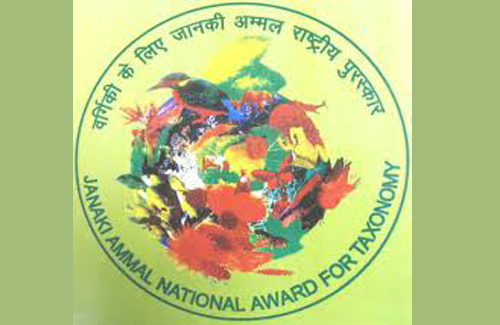
Janaki is mentioned among Indian Americans of the Century in an India Currents magazine article published on 1 January 2000, by S.Gopikrishna and Vandana Kumar:
“In an age when most women didn’t make it past high school, would it be possible for an Indian woman to obtain a PhD at one of America’s finest public universities and also make seminal contributions to her field”. The Ministry of Environment and Forestry of the Government of India instituted the National Award of Taxonomy in her name in 2000.
EK Janaki Ammal National Award on Plant Taxonomy and EK Janaki Ammal National Award on Animal Taxonomy. There is a herbarium with over 25000 plant species in Jammutawi named after Janaki Ammal. The Jonh Innes centre offers a scholarship to PhD students from developing countries in her name.
2. Dr Indira Hinduja
With a doctorate in ‘Human In Vitro Fertilisation and Embryo Transfer’ from the Bombay University, Dr Indira Hinduja is an Indian gynaecologist, obstetrician and infertility specialist who pioneered the Gamete intrafallopian transfer (GIFT) technique resulting in the birth of India’s first GIFT baby on January 4, 1988. Before this, she delivered India’s s first test-tube baby at KEM Hospital on August 6, 1986.
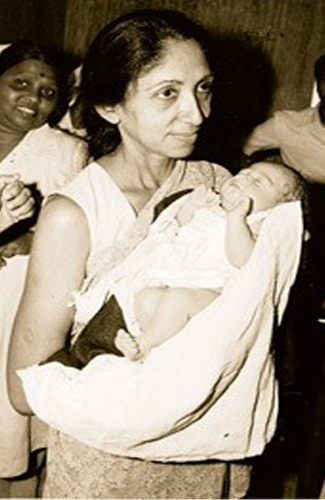
She is also credited for developing an oocyte donation technique for menopausal and premature ovarian failure patients, giving the country’s first baby out of this technique on January 24, 1991. She is been a Padma Shree awardee & Lifetime Achievement Award by the Federation of Obstetric and Gynaecological Society of India (1999), there were so many honourable awards that Dr Hinduja achieved.
Also Read: Virtual Technology: the future of technology
3. Asima Chatterjee
An Indian chemist, she is regarded highly for her works in the fields of organic chemistry and phytochemistry (chemicals derived from plants). She graduated in chemistry from the Scottish Church College of the University of Calcutta in 1936 and then pursued research. Her most notable work includes research on vinca alkaloids (derived from the periwinkle that is known for its anti-cancer properties) and the development of anti-epileptic and anti-malarial drugs.
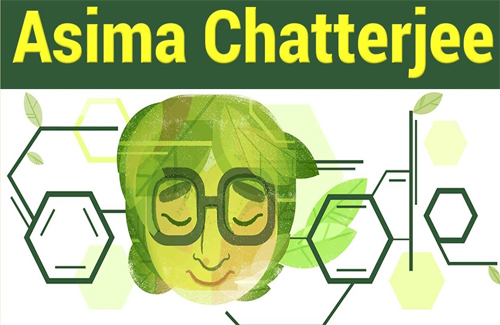
In 1975, she was conferred the prestigious Padma Bhusan and became the first woman scientist to be elected as the General President of the Indian Science Congress Association.
4. Darshan Ranganathan
Darshan Ranganathan was a pioneer in organic chemistry and one of the early female students at the University of Delhi. She did multiple research fellowships and published several research papers and books in organic chemistry. She was also honoured with a fellowship at the Indian Academy of Sciences in 1991 and was awarded the Third World Academy of Sciences Award (TWAS) in Chemistry in 2000 for her achievements in bio-organic chemistry, particularly supramolecular assemblies, molecular design and chemical simulations.
5. Tessy Thomas
Tessy Thomas is known as the ‘Missile lady’ due to the successful launch of the Agni series of missiles. She was the Project Director for the Agni-IV and Agni-V missile in Defence Research and Development Organisation and is the first Indian woman scientist to have headed a missile project. She is also a recipient of the LalBahadurShastri National Award.
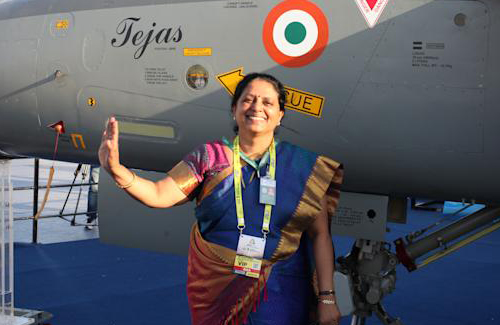
6. Kalpana Chawla
Chawla is the first astronaut of Indian origin to have forayed into space. She first flew on a Space Shuttle Columbia in 1997 as a mission specialist and primary robotic arm operator. She then moved to the United States in 1982 and obtained a Master of Science degree in Aerospace Engineering from the University of Texas at Arlington in 1984 and earned a second Masters in 1986 and a PhD in aerospace engineering in 1988 from the University of Colorado Boulder. Chawla was one of the crew members who died in the space shuttle Columbia disaster on February 1, 2003. The tragedy occurred when the space shuttle disintegrated while returning into the Earth’s atmosphere.
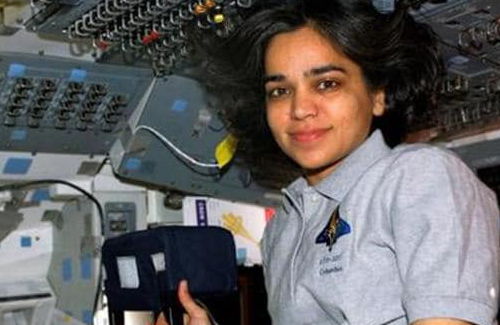
7. Paramjit Khurana
Paramjit Khurana is known for inventing ‘All-Weather Seeds’.She developed hybrid strains of mulberry, wheat and rice that are drought resistant, can withstand heat and have a higher UV radiation capacity thus helping farmers who depend on weather condition for their crops. As India is best known for the agro-industry her this step made it more helpful for society.
Khurana is the recipient of the ‘Certificate of Honour’ awarded by the GantavayaSansthan on International Women’s Day (2011), and Professor Archana Sharma Memorial Award of the Indian Science Congress Association in 2011-2012.


